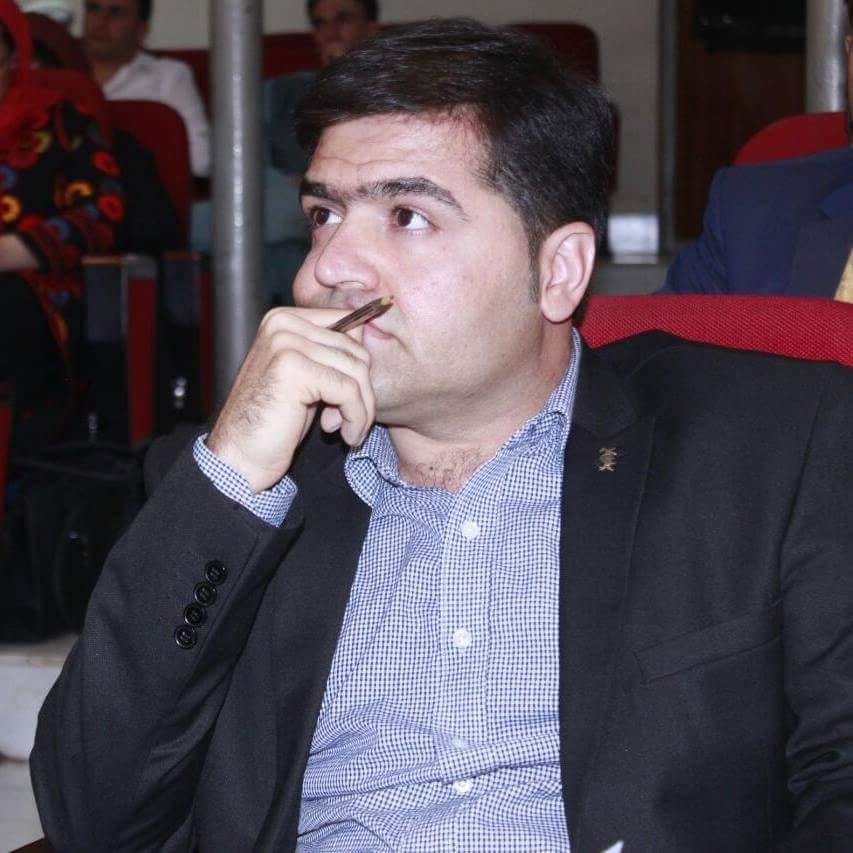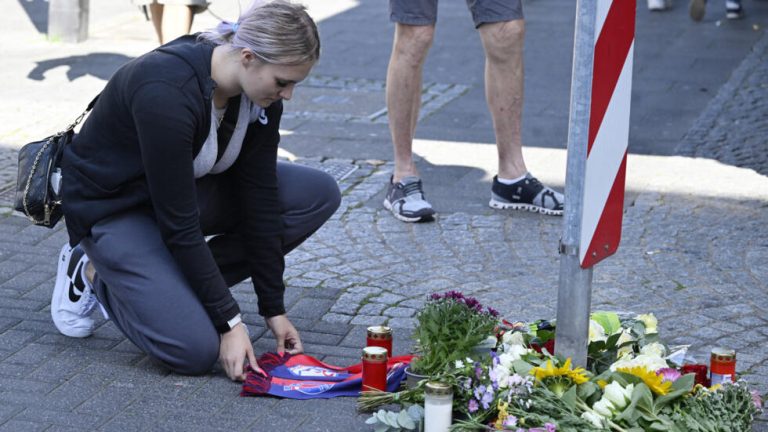On Friday evening, a man from Syria carried out a terrorist attack in Solingen, resulting in the deaths of three people and injuries to others. The so-called “Islamic State” (IS) has since claimed responsibility for the act via its Telegram channel. This raises the question of how German politics and society should respond to such violence.

EDN-Germany Correspondent
Germany is currently experiencing an increase in knife attacks and a worsening of social tensions. The public sphere and media, by generalizing individual crimes to broader population groups, create a toxic and dark atmosphere. This wave of emotions, though understandable, is worrying as it often reinforces the cycle of violence and hatred instead of seeking real solutions.
Germany is home to over 21 million people with a migration background, who significantly contribute to the country’s economic and social growth. From a legal perspective, a crime is an individual act, and its consequences cannot be transferred to others. So, is it reasonable to project a crime onto an entire population group? Do we realize that by doing so, we are unconsciously contributing to the spread of violence? Populist actors could use these generalizations to create a deep social divide between people with and without migration backgrounds and fuel hatred.
In this complex situation, leading decision-makers and opinion leaders – whether in academia, politics, or other fields – must take responsibility. It is essential to shed light on the roots of the problems and avoid superficial and short-term solutions. Only with sound knowledge and expertise can social problems be correctly analyzed and long-term solutions found.
After the initial wave of emotions, the question remains: Have the leading minds in Germany seriously pointed out the need for fundamental changes? Have there been efforts within the migrant community to prevent such incidents in the future? These questions remain unanswered.
It is important to recognize that the man who committed this unforgivable crime in Mannheim at the age of 26 had lived in Germany since he was 13. Why did the German integration system fail to successfully integrate him into society and teach him tolerance toward differing opinions over all these years? This issue is not just about one individual but indicates a systemic failure that urgently needs to be addressed.
Populist politics, which rely on short-term emotions, do not solve problems – they exacerbate them. Populist actors often seek confrontation and hostility, ultimately leading to more violence and division. Therefore, a long-term reform plan is urgently needed.
In response to the increase in knife attacks, Federal Interior Minister Nancy Faeser (SPD) has proposed tightening laws on carrying knives, reducing blade lengths to six centimeters. But can these changes really address the root causes of violence? Reducing blade length may act as a preventive measure, but it only tackles the symptoms, not the causes. Is it realistic to search all participants at public festivals and gatherings for knives? Will authorities be able to provide enough police officers to conduct such searches? These measures restrict individual freedoms and miss the real problem.
Instead, fundamental reforms in systems and policies should be pursued. Experts must have the freedom to scientifically and comprehensively analyze social problems and develop long-term reform plans to prevent such incidents in the future.
These reforms should focus on the causes of the problems, not just the symptoms. Sociological, psychological, and security-related studies play a crucial role in developing effective solutions. Rather than making marginal changes to the law, deep reforms should be pursued that will help prevent such incidents in the long run.
The responsibility of leading politicians and key actors does not end with analyzing problems. It is also important to be actively present in the public and media spheres and to support professional discourse. A dialogue between different groups in society can reduce tensions and promote mutual understanding. Politics and media should portray reality boldly and honestly to prevent the emergence of unrealistic expectations.
Politicians and decision-makers are urged not to rely on quick and superficial solutions but to consider deep and structural reforms in the areas of education, health, social affairs, and integration. Only through such measures can the spread of violence and hatred be reduced in the long term.
In light of the current threats posed by the Russian war in Ukraine, the Israel-Palestine conflict, the escalation of the crisis between Iran and Israel, and the unstable economic situation, Germany needs internal solidarity and unity more than ever. The cycle of violence fueled by hatred must be broken at some point – and that lies within the responsibility of societal leadership.




